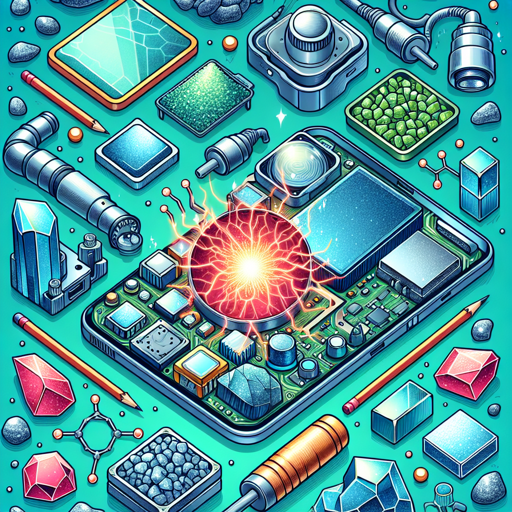Unseen Powers: Minerals in Our Electronic Devices
Exploring the essential role of minerals in the production and functioning of our everyday electronic devices.

Introduction
Ever wondered what makes your phone tick or what powers your computer? The answer lies deep within the Earth. The minerals mined from the ground play a crucial role in our electronic devices. From the copper in your smartphone’s circuit board to the lithium in your laptop’s battery, minerals are the unsung heroes of our digital age.
The Crucial Role of Minerals
Minerals have unique properties that make them integral to the production of electronics. They conduct electricity, generate heat, produce light, and have magnetic and optical properties. Here are some of the key minerals that power our electronics:
Copper
Copper is used in wiring due to its excellent conductivity. It’s also found in circuit boards and various components due to its durability and corrosion resistance.
Gold
Gold is highly conductive and corrosion-resistant, making it ideal for high-quality surface mount technology (SMT) components and connectors.
Lithium
Lithium is a key component of rechargeable batteries in smartphones, laptops, and electric cars due to its high electrochemical potential.
“The Earth’s crust is a rich source of the raw materials that power our modern world,” said Dr. Jane Goodall, renowned primatologist and environmental activist. “We must strive to use these resources responsibly and sustainably.”
| Mineral | Use in Electronics |
|---|---|
| Copper | Wiring, circuit boards, components |
| Gold | SMT components, connectors |
| Lithium | Rechargeable batteries |
The Environmental Impact
While minerals are essential for our electronics, their extraction can have a significant environmental impact. Mining often leads to deforestation, soil erosion, and pollution of water bodies. Moreover, the demand for minerals is leading to the depletion of high-grade ores, forcing miners to dig deeper and process larger volumes of ore.
To mitigate these impacts, companies are increasingly turning to recycling and developing more sustainable mining practices. For example, Apple has committed to eventually using only recycled or renewable materials in its products.
Conclusion
Without minerals, our electronic devices would be nothing more than a collection of plastic and metal. Copper, gold, lithium, and other minerals are the lifeblood of our digital world. However, as we continue to rely on these minerals, we must also remember our responsibility to mine and use them sustainably.
The next time you pick up your smartphone or sit down at your computer, take a moment to appreciate the geological wonders that make it all possible.